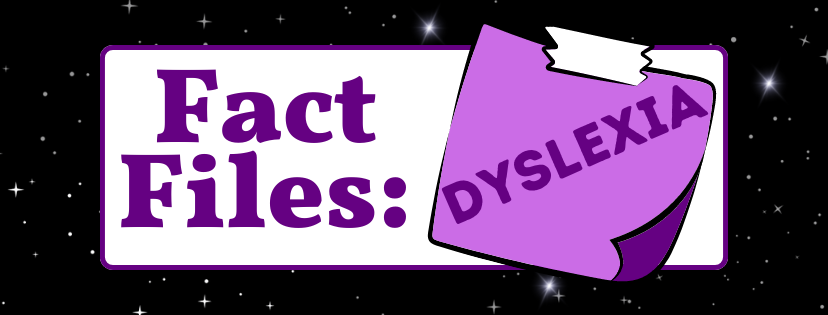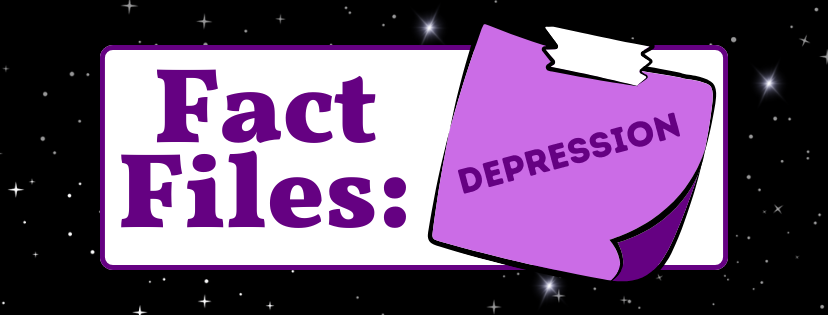As this week is Dyslexia Awareness Week, we felt it would be fitting to dedicate todays fact file on Dyslexia.
Dyslexia is classed as a learning difficulty rather than a mental illness, however those who suffer from dyslexia may also struggle with their mental health, especially when they are in an educational setting.
It is important that we note the difference between a learning difficulty and a learning disablity here:
A learning difficulty is different to a learning disability as it does not have an impact on a persons general intelligence. Whereas a learning disability is more to do with how the brain works and can make it harder to learn, understand and do things.
What is Dyslexia?
Dyslexia is a specific learning difficulty affecting reading, writing and other literacy skills. While many believe that the struggles of dyslexia stop here, they are in fact more broad than this. Dyslexia affects that way in which a person processes information, therefore they may struggle to process and maintain information that they see or hear and in some cases can have an impact on their organisational skills.
It is estimated that 1 in 10 people have dyslexia.
Signs of Dyslexia:
- The individual may read and write very slowly.
- They may confuse / jumble the order of letters within the words (in some cases, both written and verbally)
- Being confused by letters that look similar and writing them the wrong way around (such as ‘b’ and ‘d’)
- May have inconsistent / poor spelling abilities.
- May find it hard to maintain information when it is in written form.
- May struggle to work through a sequence of instructions.
- May struggle to plan and organise things.
Some people with dyslexia may have heightened abilities in areas such as creative thinking and problem solving.
It is important to note that dyslexia can be very different for each individual and no two people with this learning difficulty will show the same strengths and weaknesses.
Help and Support
The earlier dyslexia is diagnosed the better for the individual as help and support can begin in school and throughout their educational settings. All schools must have specialist staff who can help and support students with various learning disablities and difficulties such as dyslexia.
1-1 tutoring and teaching in smaller groups can often be beneficial to someone who struggles with dyslexia as it allows them more time to process information and may give them more confidence to speak up about their struggles.
There may be certain colours and fonts that people with dyslexia can read easier from, and there are other technological advances (such as speech recognition softwares) that can be useful as the individual gets older.
Employers are also obligated to make reasonable changes and adjustments in the workplace to help and support their colleagues with learning difficulties and disabilities.
Some people may find it helpful to attend group sessions and workshops, you can find a list of local groups near you via the British Dyslexia Association website.
Resources:
https://www.bdadyslexia.org.uk/dyslexia/about-dyslexia/what-is-dyslexia
https://www.nhs.uk/conditions/dyslexia/
https://www.dyslexia.uk.net/what-is-dyslexia/
https://www.nhs.uk/conditions/dyslexia/living-
https://dyslexiascotland.org.uk/dyslexia-awareness-week/


